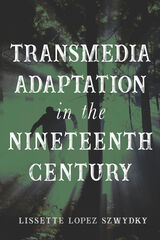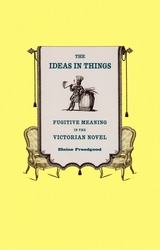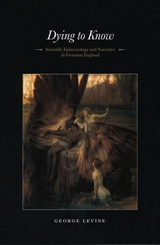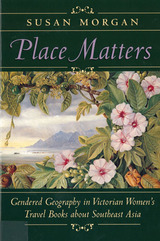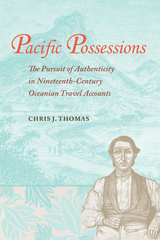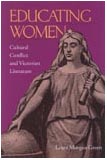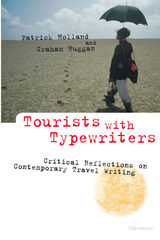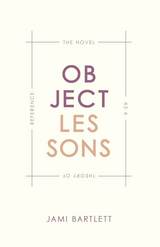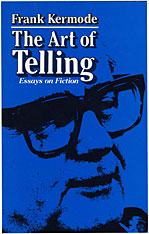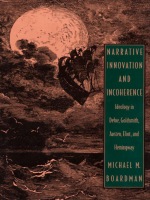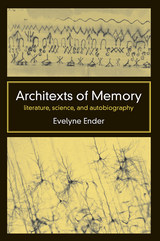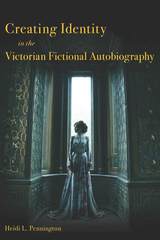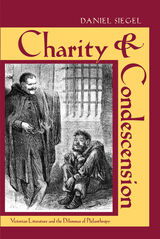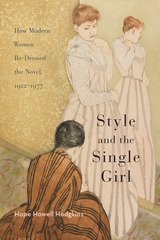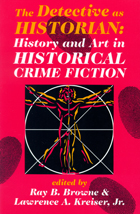Universal Grammar and Narrative Form
Duke University Press, 1995
Cloth: 978-0-8223-1656-5 | Paper: 978-0-8223-1668-8
Library of Congress Classification PR826.H47 1995
Dewey Decimal Classification 801.95309041
Cloth: 978-0-8223-1656-5 | Paper: 978-0-8223-1668-8
Library of Congress Classification PR826.H47 1995
Dewey Decimal Classification 801.95309041
ABOUT THIS BOOK | REVIEWS
ABOUT THIS BOOK
In a major rethinking of the functions, methods, and aims of narrative poetics, David Herman exposes important links between modernist and postmodernist literary experimentation and contemporary language theory. Ultimately a search for new tools for narrative theory, his work clarifies complex connections between science and art, theory and culture, and philosophical analysis and narrative discourse.
Following an extensive historical overview of theories about universal grammar, Herman examines Joyce’s Ulysses, Kafka’s The Trial, and Woolf’s Between the Acts as case studies of modernist literary narratives that encode grammatical principles which were (re)fashioned in logic, linguistics, and philosophy during the same period. Herman then uses the interpretation of universal grammar developed via these modernist texts to explore later twentieth-century cultural phenomena. The problem of citation in the discourses of postmodernism, for example, is discussed with reference to syntactic theory. An analysis of Peter Greenaway’s The Cook, The Thief, His Wife, and Her Lover raises the question of cinematic meaning and draws on semantic theory. In each case, Herman shows how postmodern narratives encode ideas at work in current theories about the nature and function of language.
Outlining new directions for the study of language in literature, Universal Grammar and Narrative Form provides a wealth of information about key literary, linguistic, and philosophical trends in the twentieth century.
Following an extensive historical overview of theories about universal grammar, Herman examines Joyce’s Ulysses, Kafka’s The Trial, and Woolf’s Between the Acts as case studies of modernist literary narratives that encode grammatical principles which were (re)fashioned in logic, linguistics, and philosophy during the same period. Herman then uses the interpretation of universal grammar developed via these modernist texts to explore later twentieth-century cultural phenomena. The problem of citation in the discourses of postmodernism, for example, is discussed with reference to syntactic theory. An analysis of Peter Greenaway’s The Cook, The Thief, His Wife, and Her Lover raises the question of cinematic meaning and draws on semantic theory. In each case, Herman shows how postmodern narratives encode ideas at work in current theories about the nature and function of language.
Outlining new directions for the study of language in literature, Universal Grammar and Narrative Form provides a wealth of information about key literary, linguistic, and philosophical trends in the twentieth century.
See other books on: 1882-1941 | English fiction | Literary form | Narration (Rhetoric) | Technique
See other titles from Duke University Press

